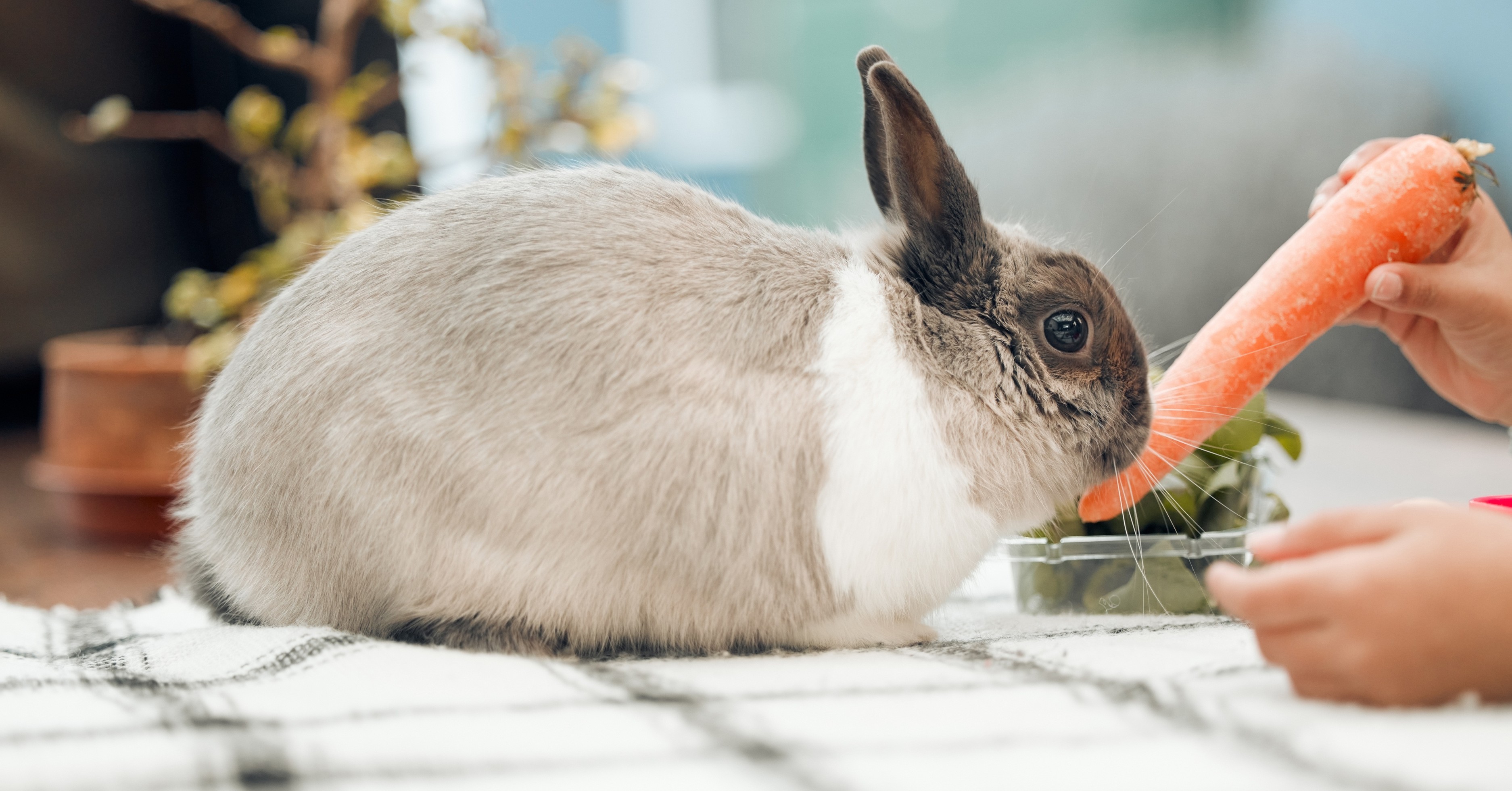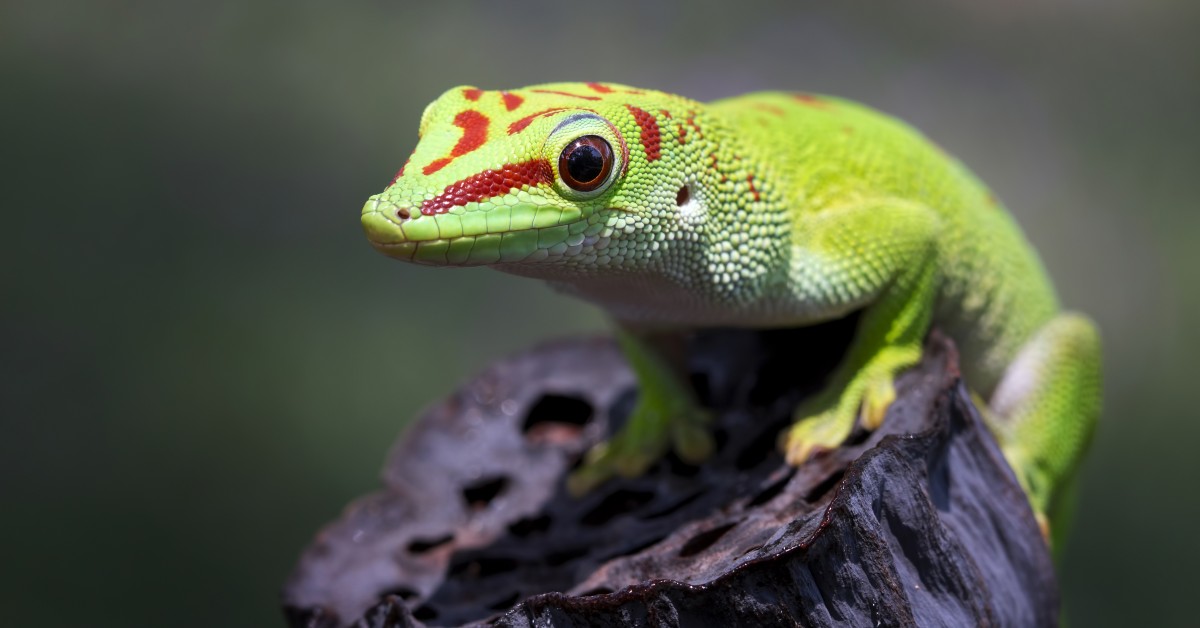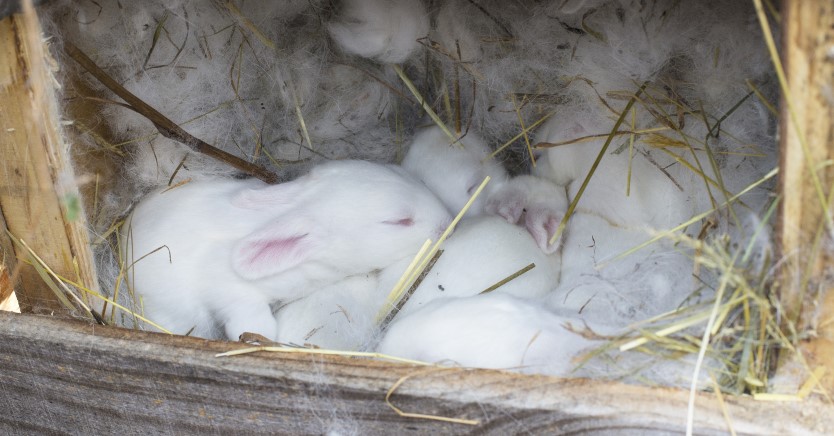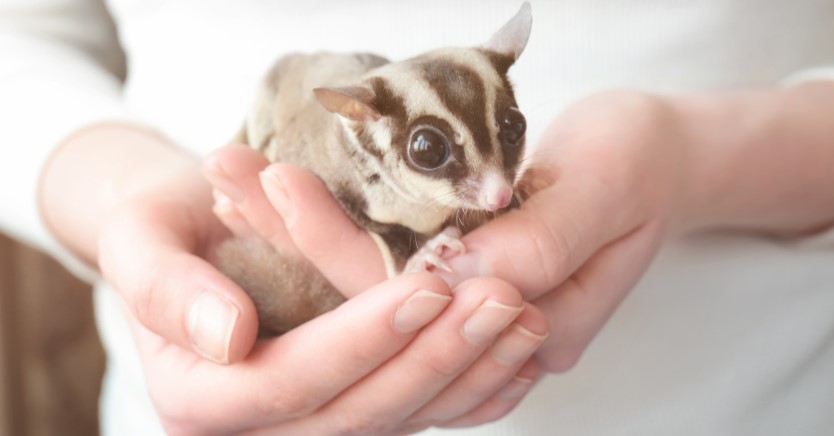Dos and Don'ts of Feeding Your Pet Rabbit
Use these tips to give your rabbit a healthy, nutritious diet for a long and happy life.

In your excitement over adopting your first-ever pet rabbit, you may have overlooked the all-important question: what and how are you supposed to feed it? Let's examine some rabbit feeding dos and don'ts for pet owners.
Do Feed Your Rabbit Hay and Veggies
As unappetizing as it might sound to you, pet bunnies rely heavily on hay as their main foodstuff. In fact, at least 80 percent of your rabbit's diet should consist of hay. Once your rabbit reaches adulthood (see below), you'll be switching to a mix of oat hay, brome, orchard grass, and Timothy hay.
Make sure the hay looks and smells fresh; your rabbit will probably turn up its nose at old, brown, odorless hay. Before you feed your rabbit any hay, check it for signs of potentially harmful substances like mold.
Your bunny will also appreciate a range of vegetables in quantities of one to two cups per day, depending on its size. (Ask your veterinarian about the right amount for your individual pet.) Safe and popular vegetables for rabbits include lettuce, herbs, cucumber, carrot tops, bok choy, zucchini, watercress, radish tops, radicchio, and sprouts. Spinach, kale, collard greens, and full carrots can be given more sparingly.
Don't Rely Too Much on Fruits or Pellet Foods for Your Bunny
Your rabbit can have bits of fruit, but only as an occasional treat or training motivator. You should be able offer these treats once or twice weekly without causing digestive troubles related to carb overload. Rabbits will enjoy both fresh and frozen fruits. Avoid feeding any fruit products laced with artificial ingredients, preservatives, or sugar.
If you've seen pellet-based rabbit foods in your local pet store, you may be wondering why you can't rely solely on these products when feeding your rabbit. In reality, pellet foods may not contain either the nutritional balance or the sheer variety necessary for a healthy diet. If you feed your rabbit pellets, choose alfalfa pellets with lots of fiber and relatively little protein. Stay away from pellets containing seeds, nuts, or corn -- ingredients that can actually hurt your pet.
Do Give Your Rabbit Plenty of Water
Make sure your rabbit gets all the water it wants, refilling the bowl as needed to help maintain proper hydration. Replace any old or dirty water at the end of each day. Use bowls instead of bottles when possible, since bowls are easier for rabbits to use.
In addition to providing fresh water for your rabbit, you should also serve that water in a clean bowl. At least once a week, wash the bowl in a mild detergent solution and then rinse out all traces of the solution. You can also use a habitat cleaner designed for small animals as the cleaning agent.
Don't Give Your Rabbit These Human Foods
If you've owned other kinds of pets before, you may already know that many of the foods we humans enjoy can prove harmful or even fatal to animals such as cats and dogs. The same holds true for rabbits. Table scraps, and human foods in general, contain a variety of ingredients unhealthy for rabbits, such as large amounts of sugar, sodium, fat, and preservative chemicals. Examples range from processed foods such as pasta and crackers to such seemingly healthful foods as peas, cabbage, cauliflower, potatoes, and corn.
Certain foods pose special dangers to rabbits. For instance, chocolate and avocado are downright poisonous, while yogurt can encourage the development of toxic gut bacteria. If you have any doubts as to whether you should feed your rabbit a specific food, consult a veterinarian or stick to the "Do Feed" items mentioned above.
Do Feed Your Bunny the Right Amounts in the Right Ways
What your rabbit should eat, and how much, depends partly on its current stage of life. Baby rabbits subsist entirely on their mother's milk for the first few weeks of their lives, after which they can begin to consume alfalfa hay and pellets in addition to milk, phasing the milk out completely by two months of age.
If your rabbit is at least three months old, you can feed it vegetables on top of its hay-based diet. Add these vegetables individually so you can see whether any particular item causes problems for your pet. Starting at the seven-month mark, you should replace some of the alfalfa hay with other types of hay to create a nutritional balance better suited to young adult rabbits.
Adults don't need alfalfa hay at all, thriving instead on the other hay varieties. By this point, you should reduce your rabbit's pellet consumption to a quarter-cup for every six pounds of body weight. Make up the balance by giving your rabbit more vegetables.
Don't Let Your Rabbit Get Fat
Obesity can contribute to serious issues for rabbits, including arthritis, skin issues, and liver and heart diseases. If your rabbit has developed a tummy bulge or accumulated fat near the tail, it's time to take it to the animal clinic and ask your veterinarian, "What's up, Doc?"
If your general veterinarian doesn't treat rabbits, ask for a referral to an exotic animal specialist. A special diet and/or an increase in daily exercise can help your furry friend drop the extra pounds, stay healthy, and enjoy many more happy years with you!
Ready to start saving money on pet wellness care?
Then take a look at Mint Wellness, the pet wellness plan that provides fast reimbursement on routine pet care. Save on vaccinations, wellness exams, preventatives, dental, and more!
Learn More


